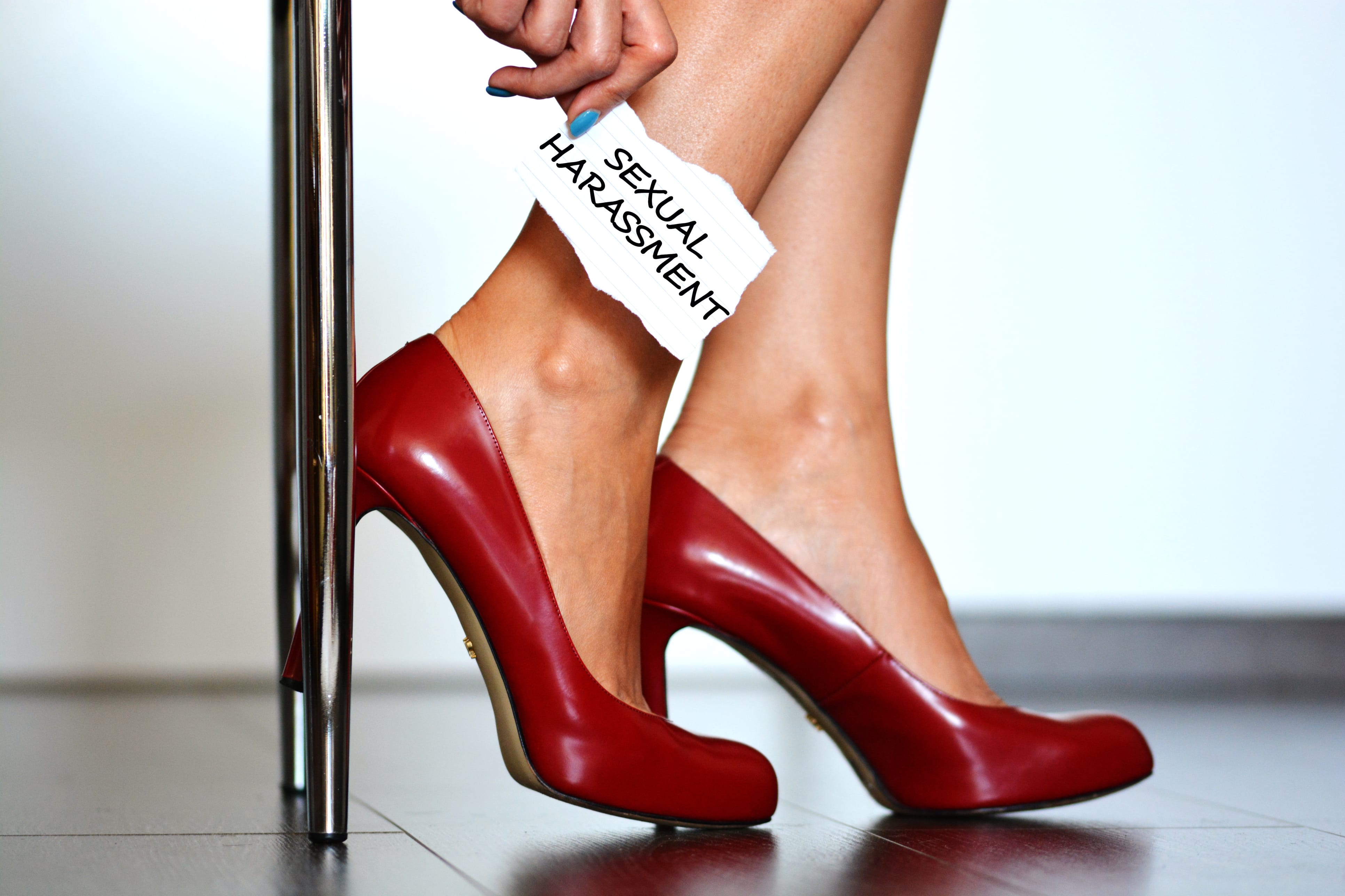At what point should a company, in the interest of promoting their product, make choices that to the consumer would be considered pushing the limit or unethical?
 Before getting into the scandal that involves Swiss drug maker Novartis, bribery and the country of Greece, is a preliminary question that many ask: “Why Greece?” As lovely a country as Greece may be, why not try to peddle influence in Germany, France or even the U.S.? And the word here is scandal and that infers to possibility of unethical behavior.
Before getting into the scandal that involves Swiss drug maker Novartis, bribery and the country of Greece, is a preliminary question that many ask: “Why Greece?” As lovely a country as Greece may be, why not try to peddle influence in Germany, France or even the U.S.? And the word here is scandal and that infers to possibility of unethical behavior.
As it turns out, drug companies are not all that much different than a company selling door mats to several competing hardware stores. Let us add another wrinkle. The sales manager for a door mat company offers some type of bribe to the purchasing agents and store managers of the hardware chain. “Miraculously” the door mats appear on the shelves and the competition is sent away even though the price is eventually higher. Once the door mat company establishes a price and presence in the mid-sized chain, they can go after accounts in larger chains.
Granted, the stakes are higher in the world of flu vaccines, arthritis meds and chemotherapy, but the result of bribery and influence peddling are remarkably the same. The question is – is such behavior unethical?
Enter Novartis
The latest scandal with Novartis has reached the ears of Greek prime minister, Alexis Tsipras. The prime minister is now asking for an investigation of his previous two predecessors and eight former ministers for accepting bribes from the pharmaceutical giant.
However, it is not just the two former PMs, it is also the governor of the Bank of Greece and the migration commissioner, Novartis allegedly bribed (all to influence them to rubber stamp over-priced vaccine contracts). In addition to the politicians, between 2006 and 2015 Novartis bribed thousands of physicians to use the over-priced vaccines. “Everyone won,” of course, except the patients and the health care system, but who cares about them? It is ironic that the nation who gave us Hippocrates, the highest example of an ethical physician, gave us thousands of docs “on the take” who really didn’t care what their actions were doing to the average patient.
The kickbacks to the ministers are quite hefty. One minister was bribed the equivalent of about $35 million. How can Novartis recoup these kinds of losses? Because it has been estimated that over the years the Greek public health system paid Novartis more than $3.2 billion.
The current prime minister has stated:
“We will make use of every power afforded by national and international law to recover the money stolen from the Greek people down to the last euro. We will do everything we can to reveal the truth.”
The question is, “Will they?”
The allegations against Novartis and the ministers have been rebutted. They are outraged at the accusations as they claim that three supposed whistleblowers are unreliable witnesses to what happened. Naturally, the commissioner who was accused of being bribed the most says he is “disgusted” with the accusations. The ministers all believe the accusations were politically motivated. In fact, some claim they knew no one at Novartis.
Speaking of Novartis, they issued the following public statement:
“We have also been conducting our own internal investigation. We are determined to fully understand the situation and accept responsibility for any actions that fell below our high standards of ethical business conduct. If any wrongdoing is found we will take fast and decisive action and do everything possible to prevent further misconduct.”
Novartis is hardly new at this game. Last year they were found guilty of bribing doctors in South Korea nearly $50 million, and who knows how much in the way of bribes were paid out to physicians in other countries? All of which raises the unethical flag.
Ethics is not a word
Ethics is not just a word inserted in a mission statement. It is a way of life, a set of behaviors, a concerted decision to take a proper set of actions. While Novartis likes to flash the word “ethics” in their mission statements, they have yet to fully satisfy the basic tenets of ethical behavior.
In fact, whether we are talking about the politicians, Novartis or the medical community, no one in this scandal seems to have received proper ethical training. What is proper ethical training? Training that moves beyond what to do and explores human behavior, why we do what we do, and how to create an effective corporate culture of ethical behavior. All of which helps prevent unethical behavior.
Greece is a beautiful country, but a poor country. A great deal of money that could have helped the Greek citizenry was stuffed into suitcases and pockets. When ethics loses, people lose. It never fails. The prime minister can seek the truth all he wants, but I contend it is far more important for him to seek ethics.
-YOUR COMMENTS ARE WELCOME!


